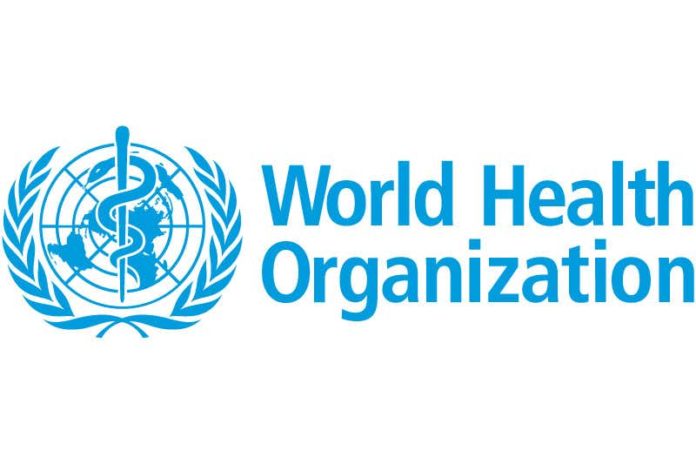New Delhi (NVI): In order to recover post COVID-19 and to reduce the risk of future epidemics, there is a need to preserve and protect the environment and to go further upstream than mere detection and control outbreak of these diseases, the World Health Organization said.
Economies are a product of healthy human societies, which in turn rely on the natural environment – the original source of all clean air, water, and food. Human pressures, from deforestation, to intensive and polluting agricultural practices, to unsafe management and consumption of wildlife, undermine these services.
Several of the countries that were earliest and hardest hit by COVID-19, such as Italy and Spain, and those that were most successful in controlling the disease, such as South Korea and New Zealand, have put green development alongside health at the heart of their COVID-19 recovery strategies
WHO further laid down several more ways for a healthy recovery which includes investment in essential services – varying from water and sanitation to clean energy in healthcare facilities.
It stated, it is essential that health care facilities be equipped with water and sanitation services, including the soap and water that constitutes the most basic intervention to cut transmission of SARS-CoV-2 and other infections, access to reliable energy that is necessary to safely carry out most medical procedures, and occupational protection for health workers.
Furthermore, investment in healthier environments for health protection, environmental regulation, and ensuring that health systems are climate resilient, is both an essential guardrail against future disaster, and offers some of the best returns for society.
Currently, over seven million people a year die from exposure to air pollution – 1 in 8 of all deaths. Over 90 per cent of people breathe outdoor air with pollution levels exceeding WHO air quality guideline values.
Energy infrastructure decisions for factoring in the full economic and social consequences in the public health interest, will tend to favour renewable energy sources, leading to cleaner environments and healthier people.
WHO also prescribes the need to promote healthy and sustainable food systems. Diseases caused by either lack of access to food, or consumption of unhealthy, high calorie diets, are now the single largest cause of global ill health.
There is a need for a rapid transition to healthy, nutritious and sustainable diets.
In addition to this, most of the largest cities in the world, such as Milan, Paris and London, have reacted to COVID-19 crisis by pedestrianizing streets and massively expanding cycle lanes – enabling “physically distant” transport during the crisis, and enhancing economic activity and quality of life afterwards.
This brings major health benefits through reducing air pollution, road traffic injuries and reducing over three million annual deaths due to physical inactivity.
The COVID-19 crisis has shown that people will support even difficult policies if decision-making is transparent and has the clear aim of protecting health, families and livelihoods.








